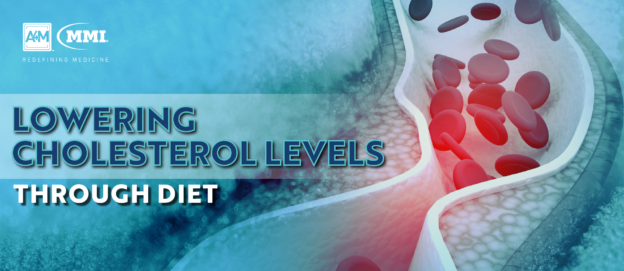Plant-based diets have grown in popularity over recent years as rising awareness of the associated health benefits, climate change, environmental pollution, and ethical concerns have driven consumers to adopt vegetarian or vegan diets. Although it is difficult to measure the exact number of vegetarians or vegans in the United States, current estimates suggest that between 2% and 6% of Americans identify themselves as vegetarians, and about 1% of those consider themselves vegan. Responding to high demand and providing consumers with appealing product options, plant-based food companies are creating a variety of meatless foods.
While plant-based meat alternatives are not a new concept, the market has witnessed an influx of a novel product – meatless burgers designed to taste like traditional beef burgers. Spearheading the meatless meat movement, Beyond Meat and Impossible Foods have experienced instantaneous success, with sales of Beyond Meat increasing five-fold since 2016 and the latest round of funding valuing Impossible Foods at $2 billion. This positive attention is due in part to the environmental benefits and assumed positive health impact of eating a plant-based diet, however, the nutritional content of these products has been largely overlooked. Are meatless burgers as healthy as they have been positioned to be or are they just less harmful than their animal-based counterparts?



